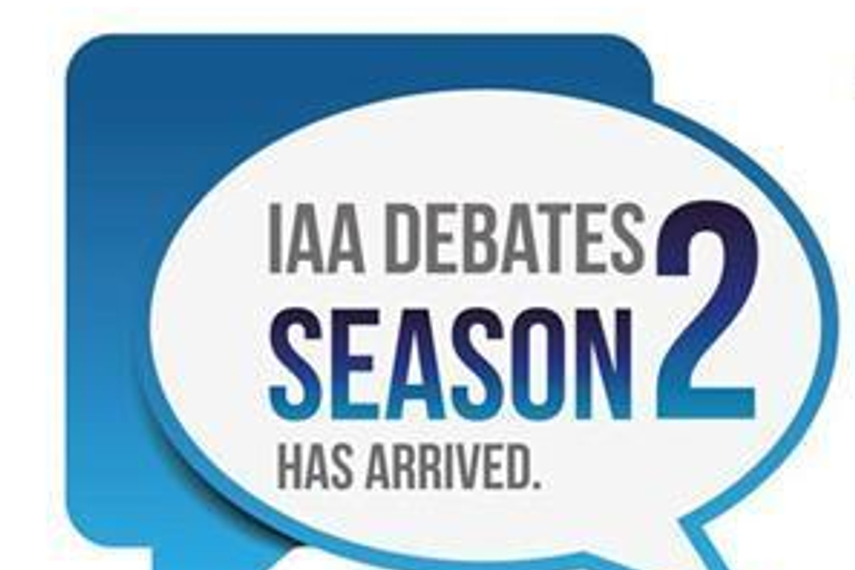
Please sign in or register
Existing users sign in here
Having trouble signing in?
Contact Customer Support at
[email protected]
or call+91 22 69489600
The event saw Satpathy and Bhasin debating Joshi and Balsara

Contact Customer Support at
[email protected]
or call+91 22 69489600
Top news, insights and analysis every weekday
Sign up for Campaign Bulletins
StayVista has introduced Gram’s, a design-led lifestyle hotel concept built around nostalgia, community and contemporary travel preferences.
The conglomerate has issued a RFP demanding high-scale credentials as it shifts to a digital-heavy, ROI-led model with expanded influencer activity.
To a large extent, the differently abled community remains invisible to marketers. But some brands are trying to change that through smarter advertising and inclusive design.
Why brands must stop performing for algorithms and start speaking to humans again